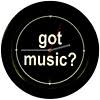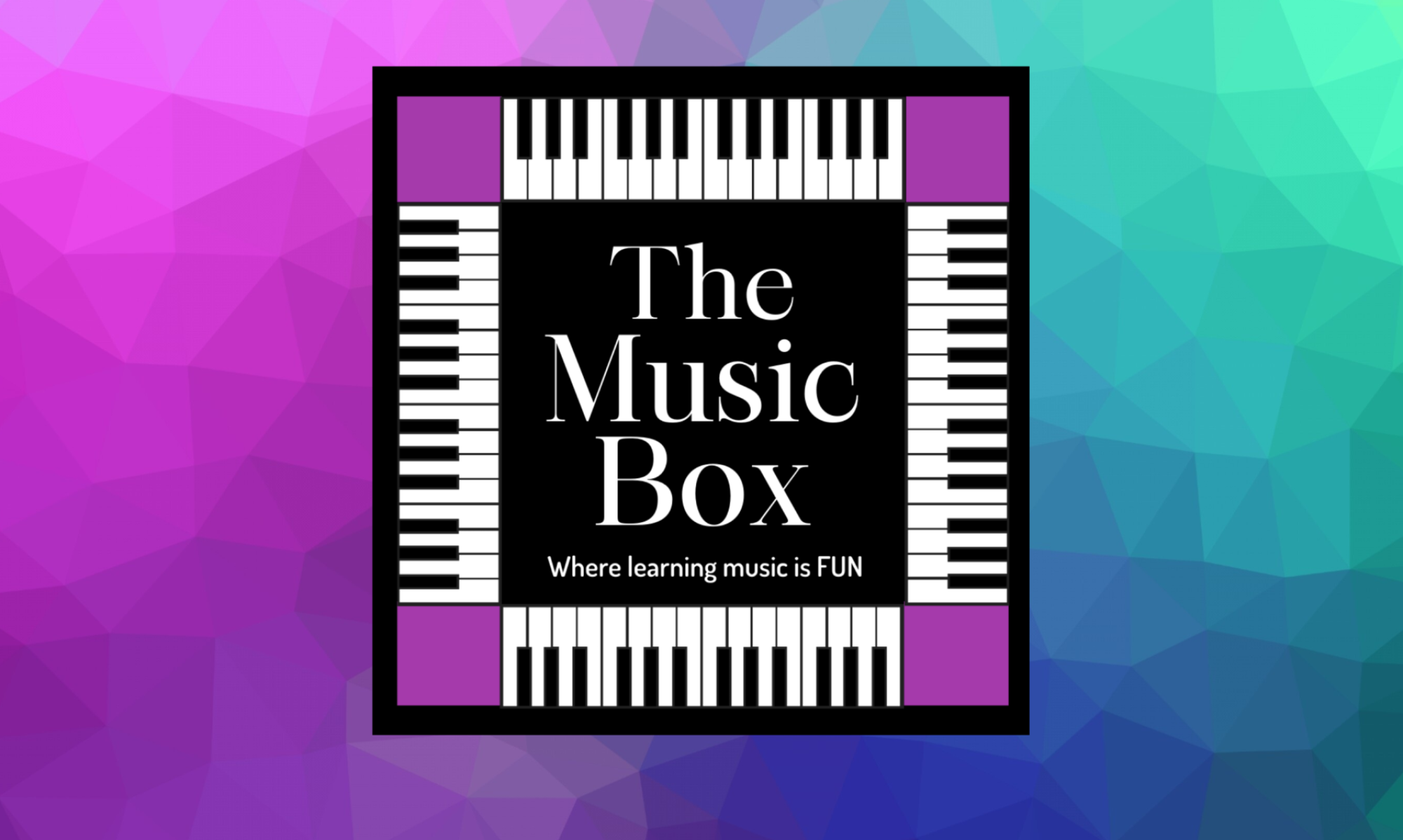The more time you put in, the less time it takes
 A sweet young man entered a music studio one day. He was so excited to start learning with his new teacher. He was a young teen and had an air of business about him as he and the teacher discussed scheduling and past musical experience. “I’m in a band you see and need some help with learning some of the songs”, he explained.
A sweet young man entered a music studio one day. He was so excited to start learning with his new teacher. He was a young teen and had an air of business about him as he and the teacher discussed scheduling and past musical experience. “I’m in a band you see and need some help with learning some of the songs”, he explained.
“I can help you with that”, the teacher replied, and then asked how long he had been playing the piano. He looked at the teacher with a strange expression as if to say “duh!” and then proceeded to announce that this would be his very first lesson ever!
Taken aback the teacher asked if he could read music to which he replied “no”. Then, perplexed the teacher asked what instrument he was playing in the band. He said keyboard! Their first gig was in a month. This lad thought that after a few pointers he’d be playing Elton John and the poor teacher was put in the uncomfortable position of letting him know…well it just isn’t that simple. Learning how to read music and play an instrument take time.
So how much time does it take to learn how to play the piano? Well consider the practice habits of a successful grade 4 student. (grade 4 because that level is part way between beginner and advanced levels) This student practices five times each week for approximately 60 minutes. That works out to 300 minutes per week, 1200 minutes per month. So over a ten month period (September – June), this student would have practiced about 12,000 minutes.
Now consider a student who is barely progressing. She is only practicing 15 minutes, four times each week. That is one hour of practice each week which works out to 240 minutes per month and 2400 minutes per music year.
There is a very big difference between 2400 and 12000! It would take the second student five years to accomplish what the first student did in one year.
My point is that the passing of time is not the deciding factor in how quickly you can master an instrument. It is how much practice occurs during that time that counts. The more one practices, the faster one will learn.
I will admit that there are some students who seem to learn at a fast rate without doing much practice at all, but the success is short lived as playing an instrument requires physical skill that can only develop through repetition and experience. Great sight reading skills cannot help a student to play a fast and difficult passage when the requirements for execution are accuracy and speed combined with variances in weight for dynamic effect. All of these skills demand rehearsal, experimentation and focused analyses. Sounds like work huh? It’s worth it when you can play that same difficult passage with ease and confidence.
Getting back to the ambitious young man, it turned out that 12000 minutes of practice wasn’t part of the plan… and so after a few weeks he switched to guitar lessons. (psst…you have to practice guitar too!)
**Cool clock is available at choirgifts.com
